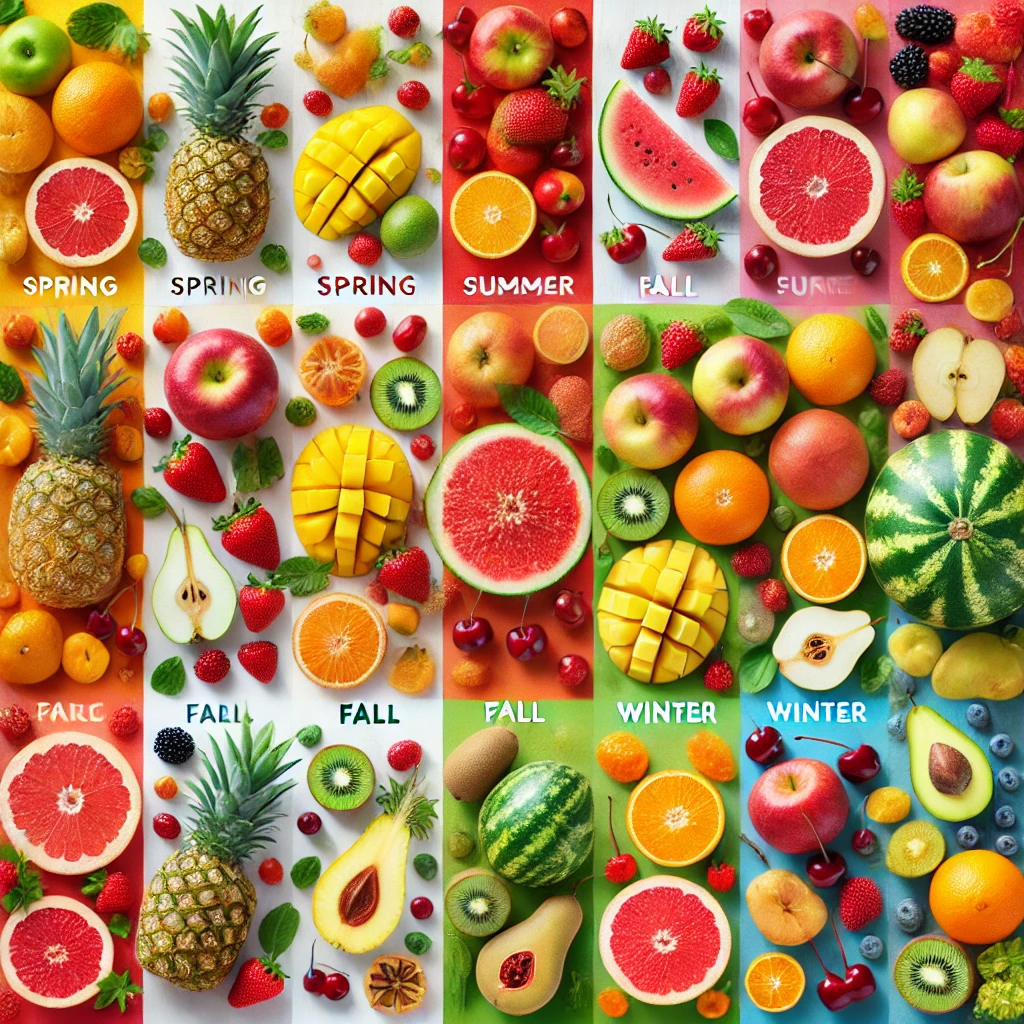The Best Time to Eat Fruits
The timing of fruit consumption can significantly impact digestion, blood sugar levels, and weight management, especially for people with diabetes or those trying to lose weight. Here’s a deeper look at why timing matters and what science suggests.
1. Why Avoid Fruits Immediately After Meals?
– Slower Digestion & Fermentation: Fruits digest quickly (in about 20-30 minutes), while heavier meals (like proteins and fats) take much longer. When eaten right after a meal, fruits may stay in the stomach longer, leading to fermentation, bloating, and acidity.
– Blood Sugar Spikes: Combining fruits with a high-carb meal can increase the glycemic load, causing a sharper rise in blood glucose—a concern for diabetics.
– Reduced Nutrient Absorption: Some nutrients (like vitamin C) may interact with other food components, reducing their bioavailability.
2. Benefits of Eating Fruits Before Meals
– Better Satiety & Portion Control: Since fruits are rich in fiber and water, eating them 30 minutes to 1 hour before a meal can help curb appetite, leading to smaller portions of carb-heavy foods.
– Improved Digestion: The enzymes in fruits (like papain in papaya and bromelain in pineapple) can aid digestion when consumed on an empty stomach.
– Stable Blood Sugar Levels: Eating low-glycemic fruits (like berries, apples, or guava) before meals may prevent sudden glucose spikes.
3. Benefits of Eating Fruits as a Snack (2-3 Hours After Meals)
– Healthy Alternative to Junk Food: Instead of reaching for chips or sweets, fruits make a nutritious snack that provides energy without refined sugars.
– Better Metabolism: Spacing out fruit intake from main meals ensures smoother digestion and nutrient absorption.
– Prevents Overeating at Next Meal: A fiber-rich fruit snack can reduce cravings and prevent binge eating later.
4. Special Case: Diabetes & Weight Loss
– Avoid Fruits with High-GI Meals: Diabetics should avoid pairing fruits with rice, bread, or pasta to prevent glucose spikes.
– Best Choices: Low-GI fruits (berries, pears, guava, kiwi) are better than high-GI ones (mango, banana, chikoo).
– Portion Control: Even healthy fruits contain natural sugars, so moderation is key—especially for weight loss.
Final Verdict: When Should You Eat Fruits?
– Best: 1 hour before meals (for digestion & appetite control) or 2-3 hours after meals (as a healthy snack).
– Avoid: Right after heavy meals (to prevent bloating & sugar spikes).
– Diabetics: Prefer whole fruits over juices, pair with nuts/protein to slow sugar absorption, and monitor blood glucose responses.
Bottom Line: Fruits are best enjoyed on an empty stomach or as a between-meal snack—not as dessert right after dinner. Adjust timing based on your health goals.

